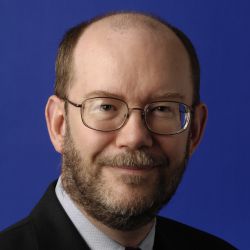No, Maybe, Yes, Obviously: Telling the Future the Past
The Kubler-Ross model of the stages of grief — denial, anger, bargaining, depression and acceptance — is sometimes an apt description of the culture change required when technology transitions occur. High-performance computing has experienced this many times.

